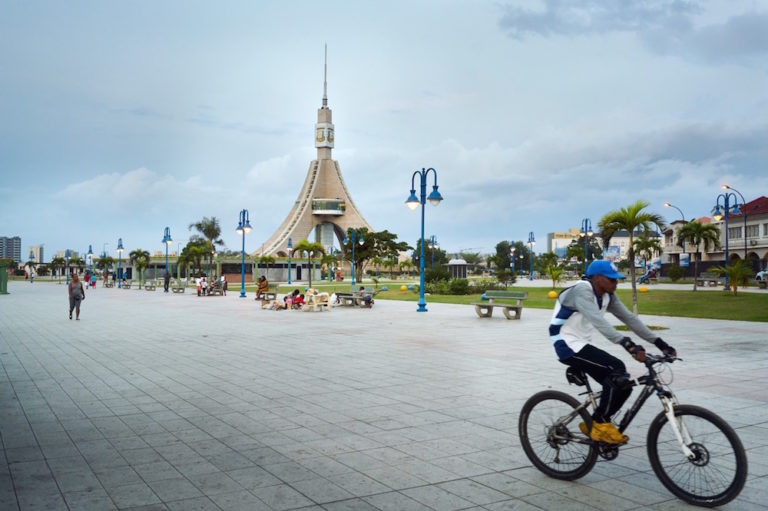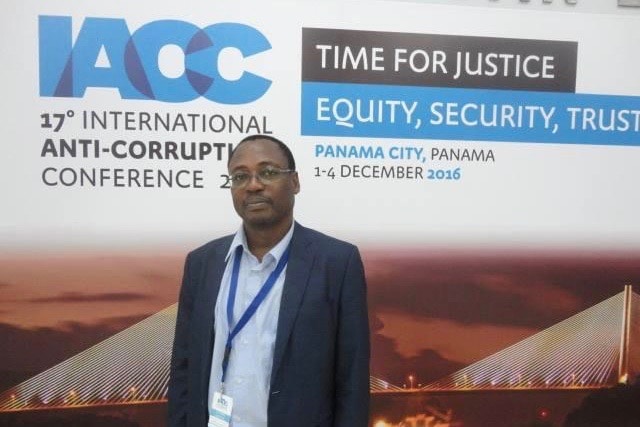(IFJ/IFEX) – The following is a 7 May 2008 IFJ press release: The IFJ Condemns Equatorial Guinean Authorities’ Decision to Deny Visa Request for Spanish Journalists The International Federation of Journalists (IFJ) today protested a decision by authorities in Equatorial Guinea to refuse to issue visas to Spanish journalists from major media institutions who wanted […]
(IFJ/IFEX) – The following is a 7 May 2008 IFJ press release:
The IFJ Condemns Equatorial Guinean Authorities’ Decision to Deny Visa Request for Spanish Journalists
The International Federation of Journalists (IFJ) today protested a decision by authorities in Equatorial Guinea to refuse to issue visas to Spanish journalists from major media institutions who wanted to cover the May 4 elections in the country. Equatorial Guinea is the only country in Africa where Spanish is the official language.
“The government of Equatorial Guinea shows by this action that it wants to hide something by keeping the international media from covering the elections,” said Gabriel Baglo, the Director of the IFJ Africa Office. “The Equatorial Guinean authorities should understand that we cannot talk about democracy without guaranteeing the exercise of freedom of information including all viewpoints, even those from outside.”
Some newspapers, including El Pais and El Periódico de Catalunya, Spanish public television channel TVE and the Spanish news agency EFE, covered Sunday’s legislative and municipal elections only through indirect sources because Equatorial Guinea’s government did not process the visa applications of the journalists who were to be sent to cover them. Other newspapers, like La Vanguardia, chose to use local freelances who used pseudonyms in their bylines.
The journalists’ visa applications had been submitted on time, weeks before, the IFJ said, and there can be no excuse they were not processed because of short notice.
Spanish Members of Parliament who visited the country said the elections were a “new step” in the democratization process and “progress in terms of guarantees of elections,” but they also echoed some of the criticisms about the campaign and election process that were leveled by the opposition against President Teodoro Obiang.
“Precisely for this reason, this rejection is even more incomprehensible,” said Baglo, “when we know that the delegation of Spanish Parliamentarians was allowed to travel to Equatorial Guinea on an official mission to monitor the elections.”
The IFJ represents over 600,000 journalists in 120 countries worldwide.


